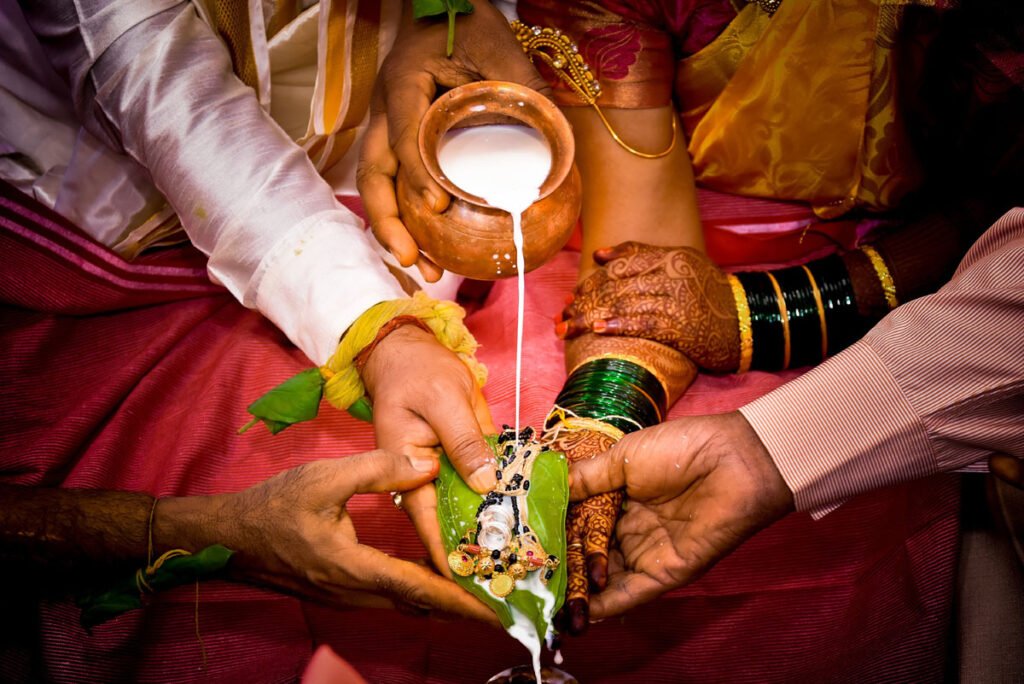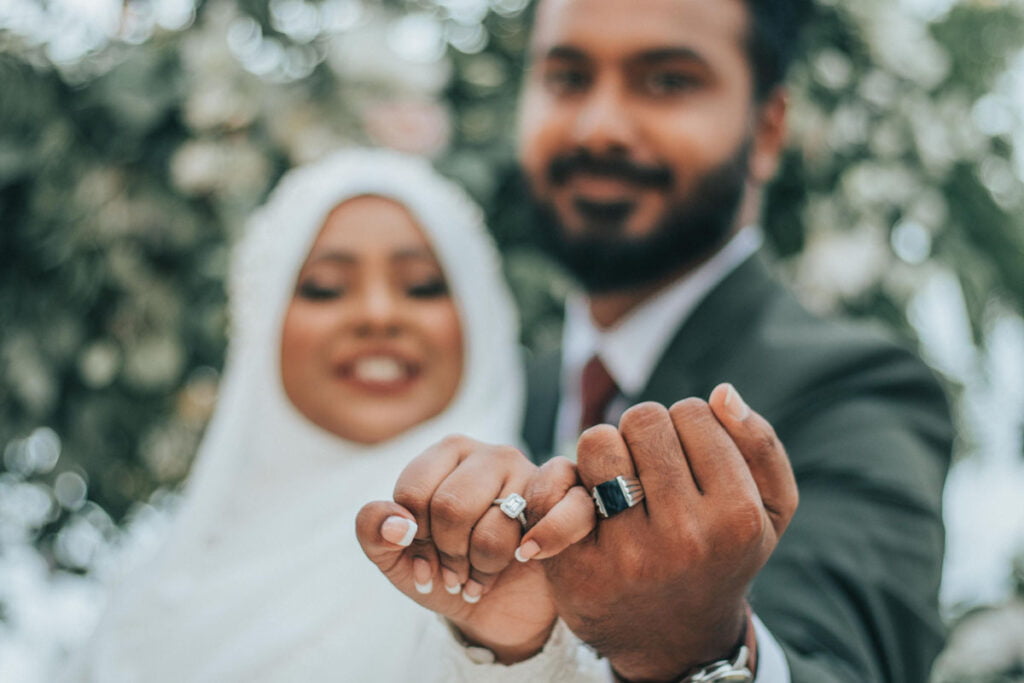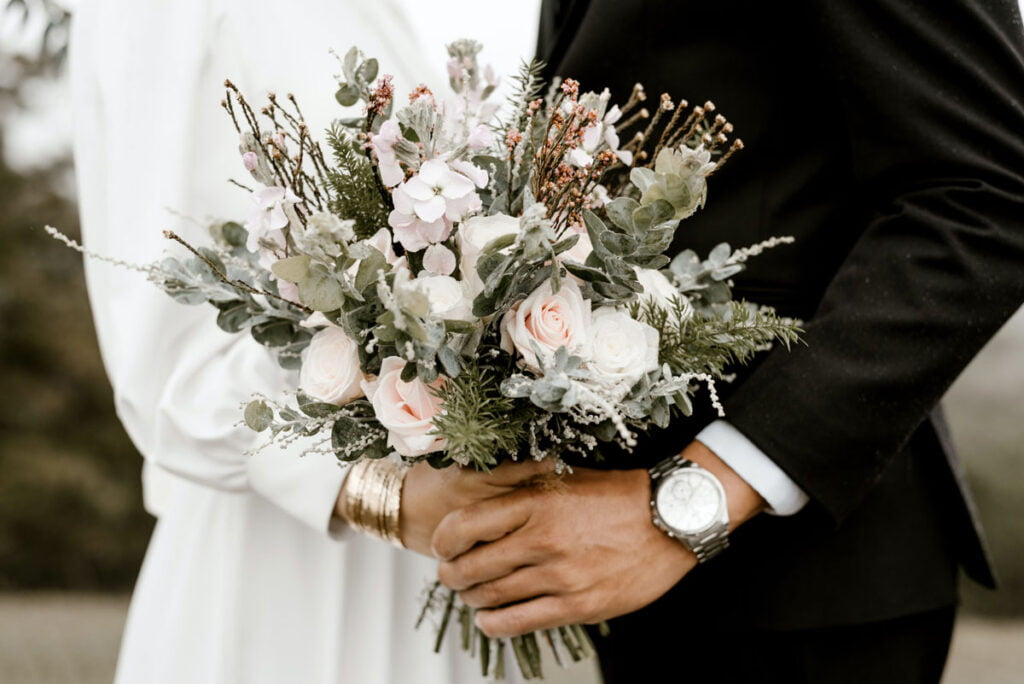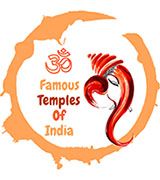Can a Hindu Marry a Muslim?
The question of Can a Hindu Marry a Muslim is one that transcends personal relationships and delves into the intricacies of culture, tradition, and religion in the context of India. Interfaith marriages have been a subject of both fascination and controversy, reflecting the diverse and pluralistic nature of the country. In this comprehensive exploration, we will delve into the historical backdrop, legal aspects, societal perspectives, and the personal experiences of individuals involved in Hindu-Muslim marriages.

Contents
Breakdown of point regarding Can a Hindu Marry a Muslim:
Historical Context:
India has a rich history of cultural and religious diversity, and interactions between different communities have shaped the social fabric for centuries. The coexistence of Hinduism and Islam on the Indian subcontinent has led to a blending of traditions, art, and architecture, showcasing a synthesis of cultural elements.
Historically, there have been instances of interfaith marriages, reflecting the fluid nature of religious boundaries. However, as societies evolved and identities became more rigid, interfaith unions faced challenges. The colonial period witnessed legal frameworks being established based on religious personal laws, which further delineated boundaries between communities.
Dharmashastras: These ancient legal and social codes, like the Manusmriti, primarily focused on caste and social order. While some interpretations might be seen as restrictive regarding interfaith marriages, it’s crucial to understand them within their historical context and avoid applying them literally in today’s society.
Upanishads: These philosophical texts emphasize universalism and oneness, potentially offering a more accepting view of interfaith relationships. The concept of “Vasudhaiva Kutumbakam” (the world is one family) resonates with inclusivity and acceptance.
Read More>> Significance of OM Symbol | AUM Symbol
Legal Framework:
In contemporary India, the legal framework for marriage is diverse, with different communities following their respective personal laws. Both Hindu and Muslim communities have distinct marriage laws, namely the Hindu Marriage Act and the Muslim Personal Law (Shariat) Application Act.
- Hindu Marriage Act:
- The Hindu Marriage Act, enacted in 1955, governs marriages among Hindus, Buddhists, Jains, and Sikhs. It provides a legal framework for the solemnization and registration of marriages.
- The Act does not explicitly prohibit interfaith marriages. It allows a Hindu to marry a person of any religion, provided certain conditions are met.
- Consent, legal age, and mental stability are crucial factors in Hindu marriages. However, there is no specific prohibition on marrying someone from another religion.
- Muslim Personal Law:
- Muslim personal law is primarily derived from Islamic sources and is applicable to Muslims in matters of marriage, divorce, and inheritance.
- In Islam, a Muslim man is allowed to marry a woman from the People of the Book, referring to Jews and Christians. However, opinions may vary on whether Hindus fall under this category.
- Interfaith marriages involving Muslim women and non-Muslim men can be more complex due to differing interpretations within the Muslim community.
- Special Marriage Act:
- The Special Marriage Act, enacted in 1954, is a secular law that allows individuals from different religions to marry without converting to the partner’s religion.
- It provides a legal framework for civil marriages, offering a neutral ground for interfaith unions. Couples can register their marriage under this act, irrespective of their religious backgrounds.

Societal Perspectives:
Interfaith marriages in India are often scrutinized within the broader societal context. While urban areas may exhibit more openness and acceptance, rural and conservative communities may harbor reservations. Societal perspectives on Hindu-Muslim marriages can be influenced by factors such as education, exposure, and cultural norms.
- Cultural and Social Challenges:
- Interfaith marriages may encounter resistance due to cultural and social differences. Families and communities may be protective of their traditions and express concerns about the preservation of cultural identity.
- Religious Considerations:
- Religious considerations play a significant role. Some individuals and communities may adhere strictly to religious norms, expressing discomfort or opposition to interfaith unions.
- Stereotypes and Misconceptions:
- Stereotypes and misconceptions about each other’s religions can contribute to apprehensions. Overcoming these requires open communication, understanding, and mutual respect.
- Family Dynamics:
- Family dynamics, especially parental expectations, can be a major influence. Traditional expectations regarding caste, community, and religion can create challenges for couples navigating interfaith marriages.
- Legal Protections:
- Legal protections are available to couples facing societal opposition. However, seeking legal recourse may strain familial relationships and exacerbate tensions.
Read More>> Treta Yuga Vaikom Mahadeva Temple

Personal Experiences:
To gain a deeper understanding of the dynamics involved in Hindu-Muslim marriages, it is valuable to explore the personal experiences of individuals who have embarked on this journey.
- Love Across Boundaries:
- Many interfaith couples share stories of love that transcends religious boundaries. Love becomes a driving force, helping them navigate societal expectations and challenges.
- Navigating Family Expectations:
- Couples often face the delicate task of navigating family expectations. Some families may be accepting and supportive, while others may initially resist the union.
- Cultural Celebrations:
- Interfaith couples often find ways to incorporate and celebrate both Hindu and Muslim traditions. This blending of cultural practices can be a testament to the richness of diversity.
- Educating Families:
- Education and open communication play pivotal roles. Couples may engage in dialogues to educate their families about the similarities between the two religions and dispel misconceptions.
- Legal Protections:
- In cases where societal pressures become overwhelming, legal protections provided by the Special Marriage Act offer couples a means to solemnize their union without converting to each other’s religions.
Read More>> 7th Century Virupaksha Temple Hampi
Challenges and Opportunities:
Interfaith marriages, particularly between Hindus and Muslims, present both challenges and opportunities. Understanding and addressing these dynamics is crucial for fostering greater societal acceptance and harmony.
- Promoting Interfaith Dialogue:
- Encouraging interfaith dialogue at various levels can help dispel myths and foster understanding. Interactions between religious leaders, community members, and young people can bridge gaps and promote tolerance.
- Legal Reforms:
- Continuous evaluation of existing legal frameworks can help identify areas for improvement. Legal reforms that uphold the principles of equality and freedom of choice can contribute to a more inclusive society.
- Educational Initiatives:
- Educational initiatives that promote cultural and religious literacy can play a significant role in breaking down stereotypes and fostering a more inclusive society.
- Media Representation:
- Responsible media representation can influence public perceptions. Portraying interfaith couples positively and showcasing their stories can contribute to changing societal attitudes.
- Community Outreach:
- Community outreach programs that engage with diverse religious and cultural groups can create spaces for dialogue and collaboration. Shared celebrations and events can foster a sense of unity.
Conclusion:
The question of whether a Hindu can marry a Muslim is deeply rooted in the complex tapestry of India’s cultural, religious, and societal landscape. While legal frameworks provide avenues for interfaith unions, societal perspectives and challenges remain significant. By promoting interfaith dialogue, dispelling stereotypes, and fostering understanding, India has the potential to embrace the richness of its diversity and build a society where love knows no religious boundaries.
